
Details shrouded in secrecy as third woman in a month is injured at Rhode Island Planned Parenthood
Bridget Sielicki
·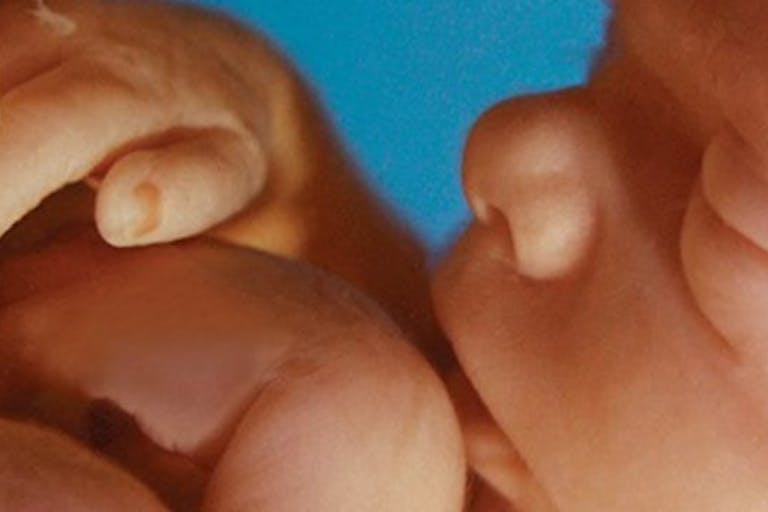
‘Political theater’: Wisconsin Supreme Court justices hear oral arguments on 1849 pro-life law
The Wisconsin Supreme Court heard oral arguments Monday in a case to determine the constitutionality of the state’s 1849 law protecting preborn children from abortion.
The 1849 law states that “Any person, other than the mother, who intentionally destroys the life of an unborn child is guilty of a Class H felony.” It went into effect following the United States Supreme Court’s overturn of Roe v. Wade in 2022 and was quickly challenged by the abortion industry.
In December 2023, Dane County Circuit Judge Diane Schlipper ruled that the 174-year-old law applies to feticide (an act of homicide against a fetus committed by someone other than the child’s mother), but not abortion. That ruling led to an appeal by Sheboygan County District Attorney Joel Urmanski, and the case now sits before the state’s Supreme Court for a final decision.
According to Wisconsin Right to Life, the state justices appeared all too eager to overturn the law, though the day was simply for hearings — an observation echoed by the Associated Press, which called the session “little more than political theater.”
“It was clear that the majority of the Wisconsin Supreme Court was there to legislate from the bench today,” said Heather Weininger, Executive Director of Wisconsin Right to Life. “District Attorney Urmanski’s attorney had to remind those members of the court that the reason they were there today was not to be the legislature, but to determine if in fact the lower court’s decision was applicable.”
The Court is currently comprised of seven members; six are women. According to the Milwaukee Journal-Sentinel, the members are as follows:
Chief Justice Annette Kingsland Ziegler, conservative, term ends 2027.
Ann Walsh Bradley, liberal, term ends 2025.
Rebecca Grassl Bradley, conservative, term ends 2026.
Rebecca Frank Dallet, liberal, term ends 2028.
Brian Hagedorn, conservative, term ends 2029.
Jill J. Karofsky, liberal, term ends 2030.
Janet C. Protasiewicz, liberal, term ends 2033
Justice Jill Karofsky told Urmanski’s attorney Matthew Thome that the pro-life law “was essentially asking the court to sign a ‘death warrant’ for women and children in Wisconsin.” Another liberal Justice, Rebecca Dallet, told Thome the law “was passed in 1849 by white men who held all the power.”
Article continues below
Dear Reader,
In 2026, Live Action is heading straight where the battle is fiercest: college campuses.
We have a bold initiative to establish 100 Live Action campus chapters within the next year, and your partnership will make it a success!
Your support today will help train and equip young leaders, bring Live Action’s educational content into academic environments, host on-campus events and debates, and empower students to challenge the pro-abortion status quo with truth and compassion.
Invest in pro-life grassroots outreach and cultural formation with your DOUBLED year-end gift!
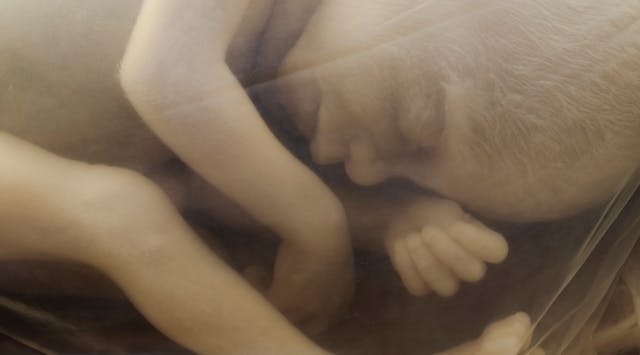
Attorney General Josh Kaul appeared on Wisconsin Today following the oral arguments, saying, “We went about 15 months in Wisconsin where women were denied access to safe and legal abortion in the state and that had a lot of consequences for people’s lives.” He added, “Fortunately, reproductive freedom has been restored in Wisconsin for now. But sadly, we continue to see the impacts in other states like Texas, where some people have lost their lives because of delayed care.” He alleged that the same “devastating health consequences” would occur for “women in Wisconsin.”
However, no one in Texas or any other state with pro-life laws has died as a result of those laws. Rather, they died from the apparent medical negligence that took place and the hands of doctors who failed to properly treat them. And despite the media’s attempts to blame pro-life laws for such tragedies, the Associated Press admitted earlier this year that its own analysis revealed, “Serious violations that jeopardized a mother or her fetus’ heath occurred in states with and without abortion bans….”
While the Supreme Court considers the case, abortions remain legal in the state through 20 weeks of pregnancy. Planned Parenthood has also filed a separate lawsuit with the state Supreme Court, asking it to determine whether or not abortion is constitutionally protected. The abortion giant argues that abortion restrictions violate rights, including a person’s right to “bodily integrity, autonomy, and self-determination— including the decision of whether and when to have a child.” That lawsuit is currently pending.
The Supreme Court has not indicated when it may issue a ruling on the case.
Editor’s Note 11/14/2024: This article was updated with further information regarding AG Kaul and pro-life laws.
Call on President Trump to pardon the FACE Act prisoners on his first day in office.
Live Action News is pro-life news and commentary from a pro-life perspective.
Contact editor@liveaction.org for questions, corrections, or if you are seeking permission to reprint any Live Action News content.
Guest Articles: To submit a guest article to Live Action News, email editor@liveaction.org with an attached Word document of 800-1000 words. Please also attach any photos relevant to your submission if applicable. If your submission is accepted for publication, you will be notified within three weeks. Guest articles are not compensated (see our Open License Agreement). Thank you for your interest in Live Action News!

Bridget Sielicki
·
Issues
Bridget Sielicki
·
Politics
Nancy Flanders
·
Human Interest
Nancy Flanders
·
Issues
Nancy Flanders
·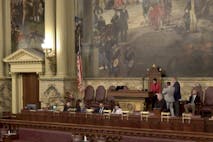
Politics
Tabitha Goodling
·
Issues
Bridget Sielicki
·
Human Interest
Bridget Sielicki
·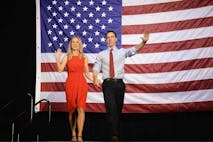
Politics
Bridget Sielicki
·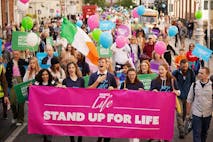
Politics
Bridget Sielicki
·
International
Bridget Sielicki
·